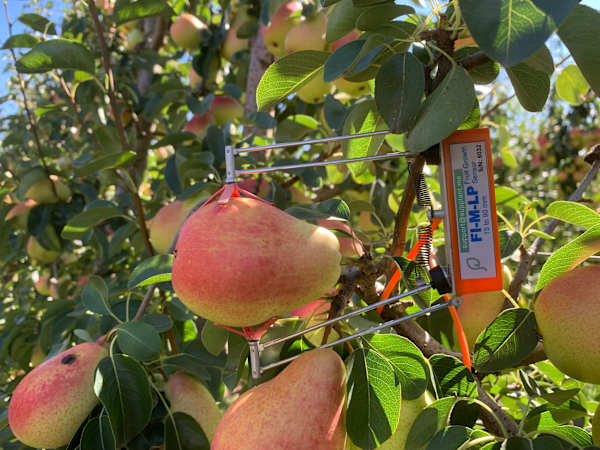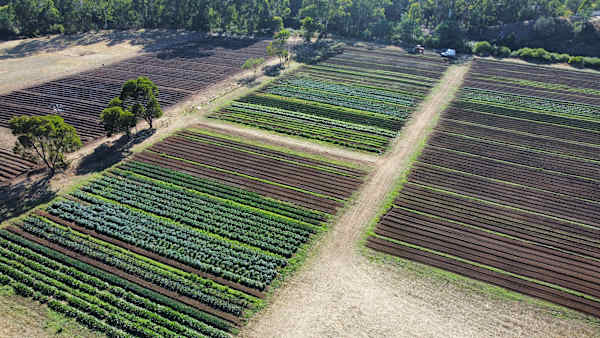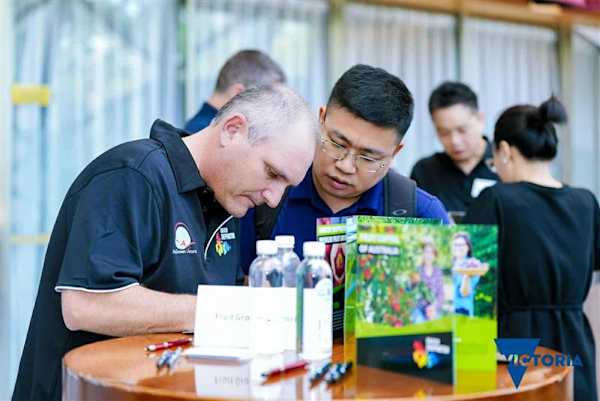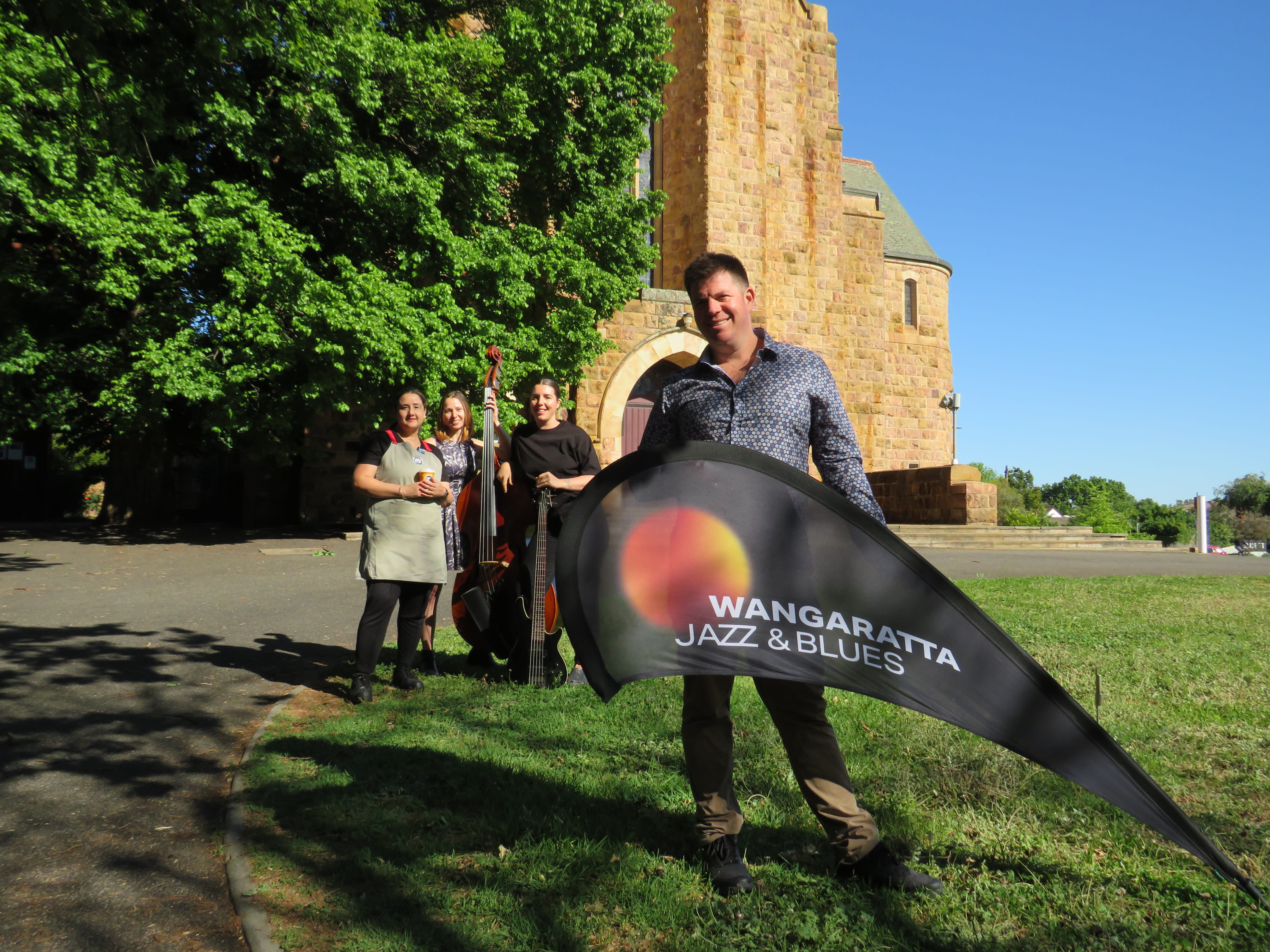SIDELING towards the peak of the Dandenongs, an hour’s east of Melbourne is a stretch of seven acres settled by the Keon-Cohen family.
After planting thousands of fruit trees and vegetables, all certified organic, forty years of endeavour make good.
Sue Keon-Cohen began her career as a physiotherapist bringing up her family in the suburbs with her husband Chester.
Unbeknownst to Sue, Chester quietly bought a farm in the hills without consulting her — a bit of a shock, no less, but Sue went with the flow.
They bought four blocks from their neighbour and there began a story of love for the land, amid hard work and toil.
Latest Stories
With four small children to look after, it must have seemed a daunting task.
In 1982 Emily Hill Farm planted five hundred blueberry plants, some still existing today.
The family remembers the early days of carting up buckets of water taken from a lower dam, before they mastered the use of technology on their farm.
By 2005 another five hundred were planted and subsequent plantings of new varieties, continue in abundance.
They were one of the first to grow blueberries in Victoria and played a pivotal role in the Australian Blueberry Growers Association and credit their success to their sons, grandchildren and a ‘variety of animals’.
“Mum and I are passionate about growing things and so was my dad, but unfortunately he passed away four years ago,” said Ed, son of Sue and Chester.
"We have seven acres and two and a half thousand blueberries, which are hand pruned at harvest — and ever so delicately, the ‘bloom’ is left on the fruit — you know, the greyed off skin people try to remove.
"So confident was my dad in choosing blueberries, he hadn’t even tasted them
“Never in a million years did I believe I would be involved in horticulture or farming.
"I had no skills or experience in that field.
"I’d been a policeman, and a detective for over 20 years and had become unwell with PTSD; and had nothing to do.
"I found something wholesome and therapeutic about growing things and being outdoors.
"It’s really nice to help my mum out and to give myself a purpose.
“When my parents first arrived in Dewhurst, there was nothing on the property, no grass and no trees, apart from the gully.
"My parents always believed that if you want to grow, you need to grow fruit that is suitable to your area.
"It’s also better to find a local grower and purchase a plant from them before you start planting your own.
"The blueberry varieties we grow are Northland, Denise, Brigitta, Blue Crop, Joy, Oneal, Magnolia, Legacy and Margaret, also available at the farmgate.
"We believe in heavy mulching and providing a regular water flow, particularly as it is an organic farm.”
Although the blueberries are their main crop they have also introduced other seasonal plants such as raspberries, loganberries, tomatoes, rhubarb and garlic, but perhaps a little more challenging, they are now focussed on growing citrus fruit starting with 80 lemon trees and 40 Tahitian limes.
“We sell at the Epping Market and other wholesale outlets and green grocers.
"Because the blueberries finish in February, we are ready to start our winter crops.
"Our Victorian limes are juiciest when they are golden yellow, but it takes a lot of convincing customers that the yellow ones are even juicier and sweeter and better for you,” said Ed.
Emily Hill Farm planted Eureka, Lisbon, and Meyer lemons because of their versatility and hardiness.
The Meyer is a cross between a citron and a mandarin and grow to about three metres, and is sweeter than your average lemon.
The Eureka is a thornless, popular lemon which produces tangy coarse-skinned fruit throughout the year, is almost seedless, but perfect for juicing with a flavoursome rind for cooking and zesting.
The enemy of the lemon tree is the gall wasp which can be removed by cutting off the stem or branch, in which the little nuisance suffuses itself like a cancer.
The Keon-Cohens have been experimenting with freeze-drying of their citrus fruit and selling the whole fruit to markets down the Peninsula Coast, who then pulverise the lemon and limes.
If you have a spare freeze dryer at home you’ll find the fruit easy to prepare and they make an excellent additive.
Emily Hill employs local pickers during the season, many coming from a work hostel called Emerald Backpackers.
They also host ‘Wwoofers’ or ‘willing workers on organic farms’, and have hosted over 100 hundred workers since 2005.
For Wwoofers in search of a taste of Aussie life on the farm, the Keon-Cohens have self-contained housing units out back.
Ed’s mum Sue is a healthy 82-year-old, happy to keep company with her son, and his wife and two daughters, one a nurse and the other a student.
He’s adapted well after six years of service on the farm, and far enough away from the madding crowd.
“I’m here every day, and there’s always stuff to do, like growing things, and for a life I never planned, I’ve really enjoyed helping mum and dad out.”
















